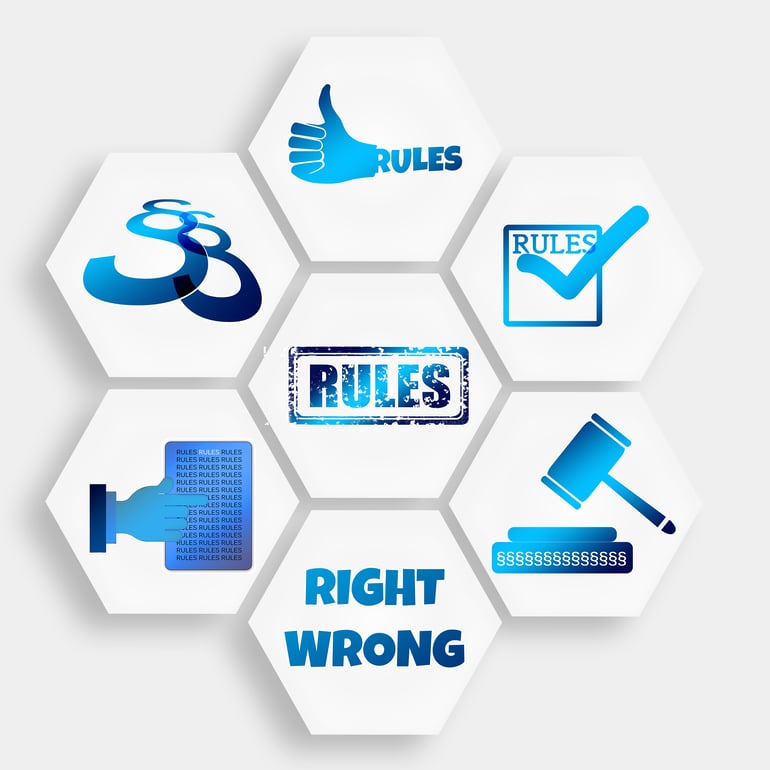On May 2016, the United States (US) Food and Drug Administration (FDA) announced the new Nutrition Label Facts, i.e. the updated labelling system for packaged foods, in order to 'reflect new scientific information, including the link between diet and chronic diseases such as obesity and heart disease' and facilitate better informed food choices for the consumers.
Compared to the current scheme, the new Nutrition Label Facts will feature larger fonts and bold letters to highlight crucial nutrition information such as calories, number of servings, and serving size. Importantly, the new label will also include mandatory declaration on the amount (in grams and percentage of daily calories) of added sugars, while Vitamin D and Potassium will also be required to be declared in the list of nutrients. Finally, the 'calories from fat' number will be removed, as the type of fat consumed is more important than the amount.

Specifically, the aims of this first Coordinated Control Plan on the Internet Sale of Food (CCP_efood) are to strengthen cooperation and administrative assistance between EU Member State authorities, exchange information via rapid alert systems such as RASFF, gain insights into misleading practices on internet food supplement sales and on the prevalence of unauthorised novel food internet sales, as well as to build know-how on enforcement of food law in the internet.
In essence, EU Member State authorities that participate in the CCP_efood will voluntarily search, during 4-29 September 2017, for websites which offer food supplements and novel food products. The Recommendations narrows down the scope of the CCP_efood to sales of food supplements that claim prevention, treatment or cure of bone/joint diseases, as well as sales of novel foods that are not authorised in the EU: Agmatine (4-aminobutyl) guanidine sulfate and the plant species Acacia rigidula, Epimedium grandiflorum and Hoodia gordonii.
The recommendations also suggest to take screenshots of websites selling the products in question, propose specific notification channels (e.g. RASFF) for the Member State authorities, and provide guidance with regard to the number websites to be notified by each member state (20, with the exception of larger Member States - DE, ES, FR, IT, PL, UK, which should notify 40). In addition, the recommendations offer advice for Member State authorities on Internet search strategies, e.g. proposing specific keywords and terminology.
It is probably still too early to understand the repercussions on internet food sales from this first 'pilot' and of rather narrow scope control scheme, or speculate on further policy initiatives, at least not until the first results are published and analysed after the end of the notification period (10 November 2017).




.webp?width=1644&height=1254&name=Food%20Safety%20Dashboard%201%20(1).webp)
